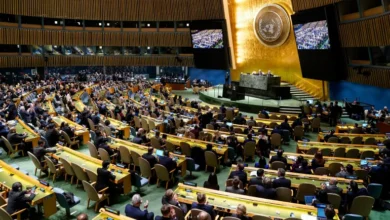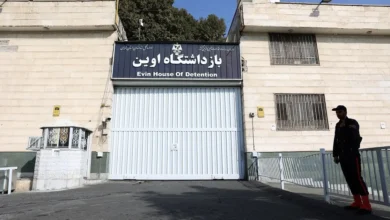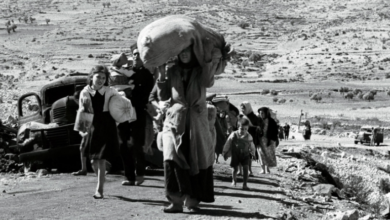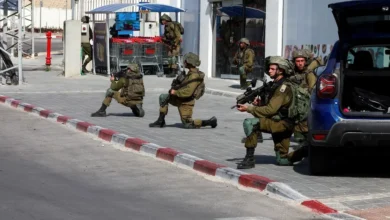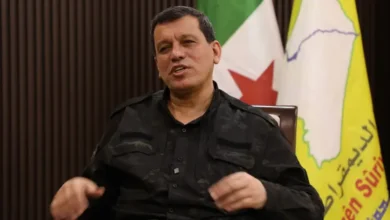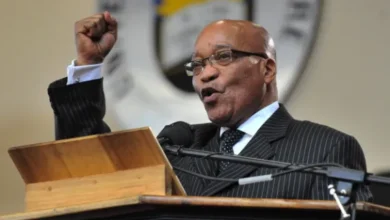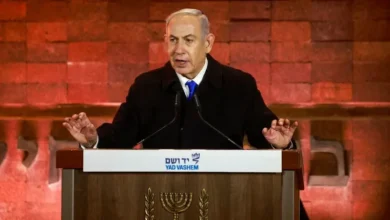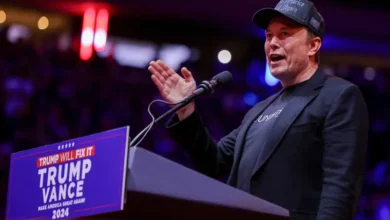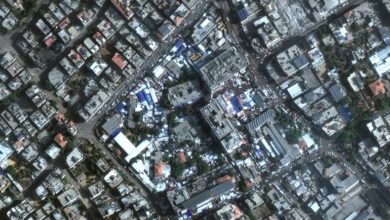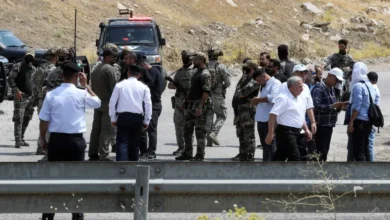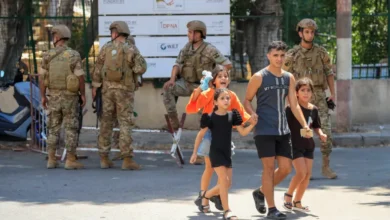Khamenei advisor says no nuclear talks if US insists Iran abandon enrichment
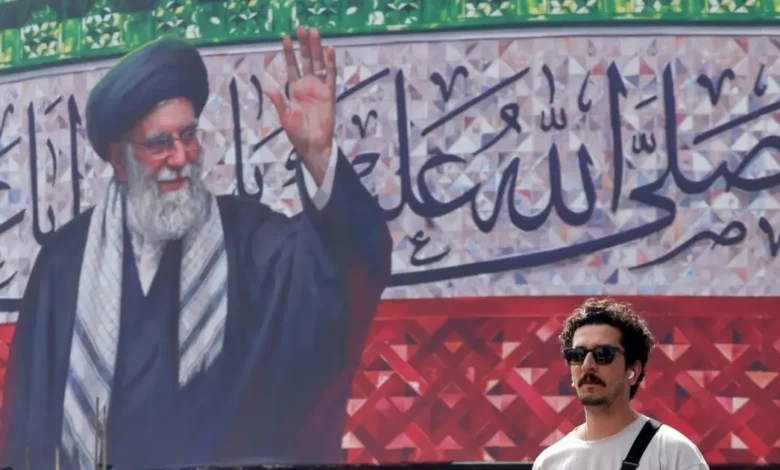
Iran will not take part in talks with the United States over its nuclear program if Washington insists Tehran abandon uranium enrichment, an advisor to Iranian Supreme Leader Ali Khamenei said Monday.
“If the negotiations must be conditioned on stopping enrichment, such negotiations will not take place,” advisor Ali Velayati was quoted as saying by the state news agency IRNA.
Earlier on Monday, Iran said it had “no specific date” for a meeting with the United States on Tehran’s nuclear program, following a war with Israel that had derailed negotiations.
“For now, no specific date, time or location has been determined regarding this matter,” said foreign ministry spokesman Esmaeil Baghaei of plans for a meeting between Iran’s top diplomat Abbas Araghchi and US envoy Steve Witkoff.
Araghchi and Witkoff met starting in April, without concluding a deal after five rounds of talks that were the highest-level contact between their two countries since Washington in 2018 abandoned a landmark nuclear agreement.
The Omani-mediated negotiations were halted as Israel launched surprise strikes on the nuclear facilities of its staunch enemy Iran on June 13, starting a 12-day war which the United States later joined.
“We have been serious in diplomacy and the negotiation process, we entered with good faith, but as everyone witnessed, before the sixth round the Zionist regime, in coordination with the United States, committed military aggression against Iran,” said Baghaei.
President Masoud Pezeshkian said in a statement on Monday that Iran “supports diplomacy and constructive engagement.”
“We continue to believe that the window for diplomacy remains open, and we will seriously pursue this peaceful path.”
Israel and Western nations accuse Iran of pursuing nuclear weapons, a charge Tehran has consistently denied.
While it is the only non-nuclear power to enrich uranium to 60-percent purity, close to the level needed for a warhead, the UN’s atomic energy watchdog has said it had no indication that Iran was working to weaponize its stockpiles.
Israel’s offensive last month, which it said was aimed at thwarting a nuclear threat from the Islamic Republic, killed nuclear scientists and top-ranking military officers as well as hitting military, nuclear and other sites and residential areas.
The United States launched its own set of strikes against Iran’s nuclear program on June 22, hitting the uranium enrichment facility at Fordo, in Qom province south of Tehran, as well as nuclear sites in Isfahan and Natanz.
The extent of the damage from the strikes remains unknown, and Baghaei said it was “still under investigation.”
Iran responded with missile and drone attacks on Israel, and attacked a US base in Qatar in retaliation for Washington’s strikes.
Pezeshkian in his latest statement warned of an “even more crushing retaliation” to any “new aggression against Iranian territory.”
Baghaei said on Monday that Iran remains in contact with Britain, France and Germany, the three European parties to the 2015 nuclear deal that the United States later withdrew from.
The Europeans have threatened to trigger the “snapback” mechanism under the 2015 agreement, which allows the reimposition of UN sanctions in the event of non-compliance.
Baghaei said Tehran was “in continuous contact with these three countries” but added that he “cannot provide an exact date” for the next meeting with them.
There was “no legal, moral or political basis” for reimposing sanctions, according to Baghaei, as Iran was still committed to the 2015 agreement.
The ministry spokesman added that such a move would be met with an “appropriate and proportionate” response, following Iranian threats to quit the nuclear non-proliferation treaty.
After the United States pulled out of the nuclear accord during Donald Trump’s first term as president, Iran in 2019 began rolling back its commitments to the agreement that restricts its atomic activities in return for sanctions relief.
“The Islamic Republic of Iran still considers itself a member of the JCPOA,” Baghaei said of the 2015 deal.
